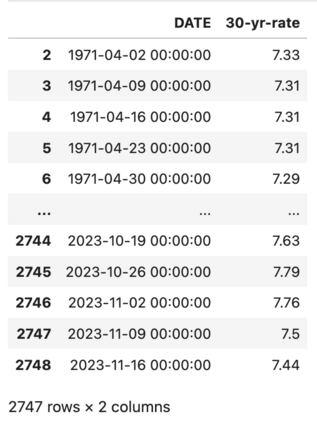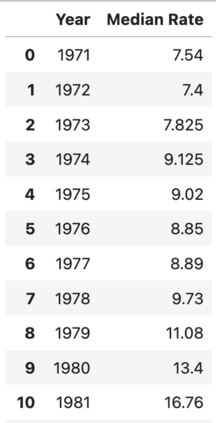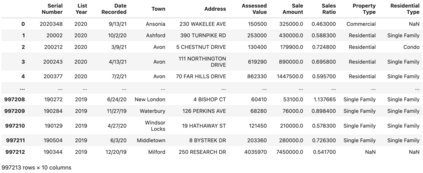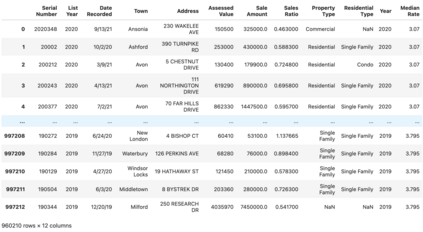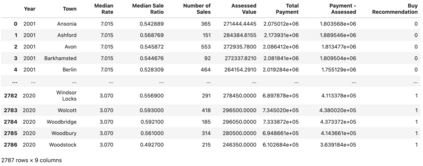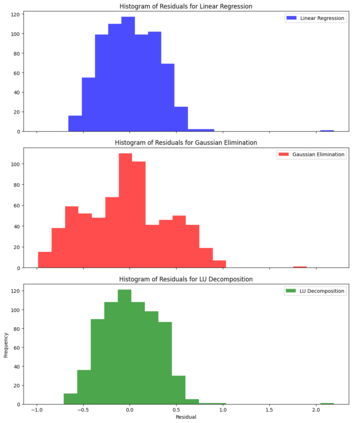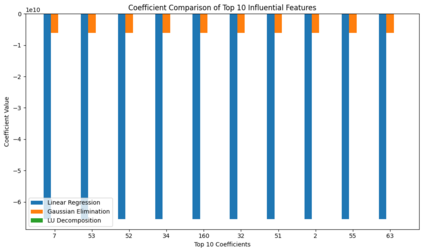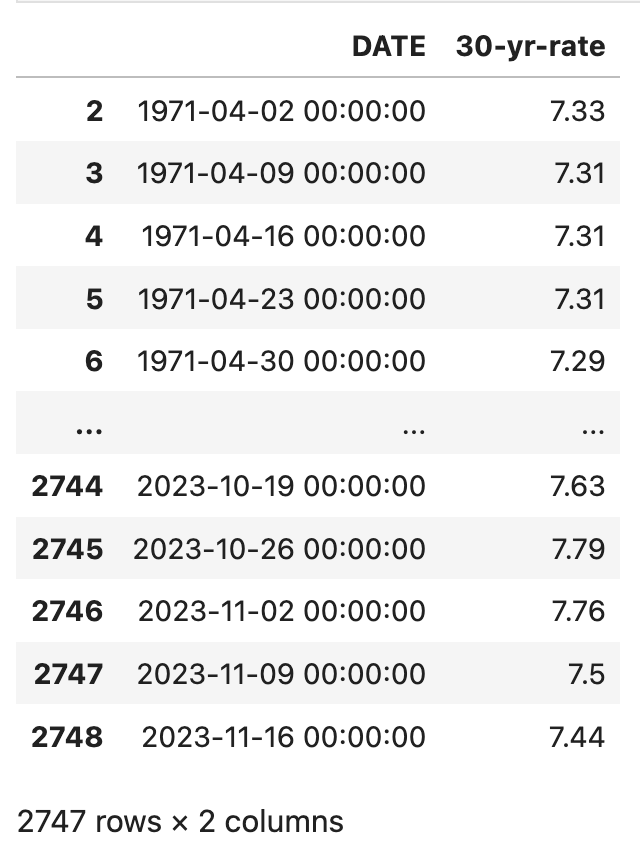This paper presents a comprehensive evaluation of three distinct computational algorithms applied to the decision-making process of real estate purchases. Specifically, we analyze the efficacy of Linear Regression from Scikit-learn library, Gaussian Elimination with partial pivoting, and LU Decomposition in predicting the advisability of buying a house in the State of Connecticut based on a set of financial and market-related parameters. The algorithms' performances were compared using a dataset encompassing town-specific details, yearly data, interest rates, and median sale ratios. Our results demonstrate significant differences in predictive accuracy, with Linear Regression and LU Decomposition providing the most reliable recommendations and Gaussian Elimination showing limitations in stability and performance. The study's findings emphasize the importance of algorithm selection in predictive analytic and offer insights into the practical applications of computational methods in real estate investment strategies. By evaluating model efficacy through metrics such as R-squared scores and Mean Squared Error, we provide a nuanced understanding of each method's strengths and weaknesses, contributing valuable knowledge to the fields of real estate analysis and predictive modeling.
翻译:暂无翻译

